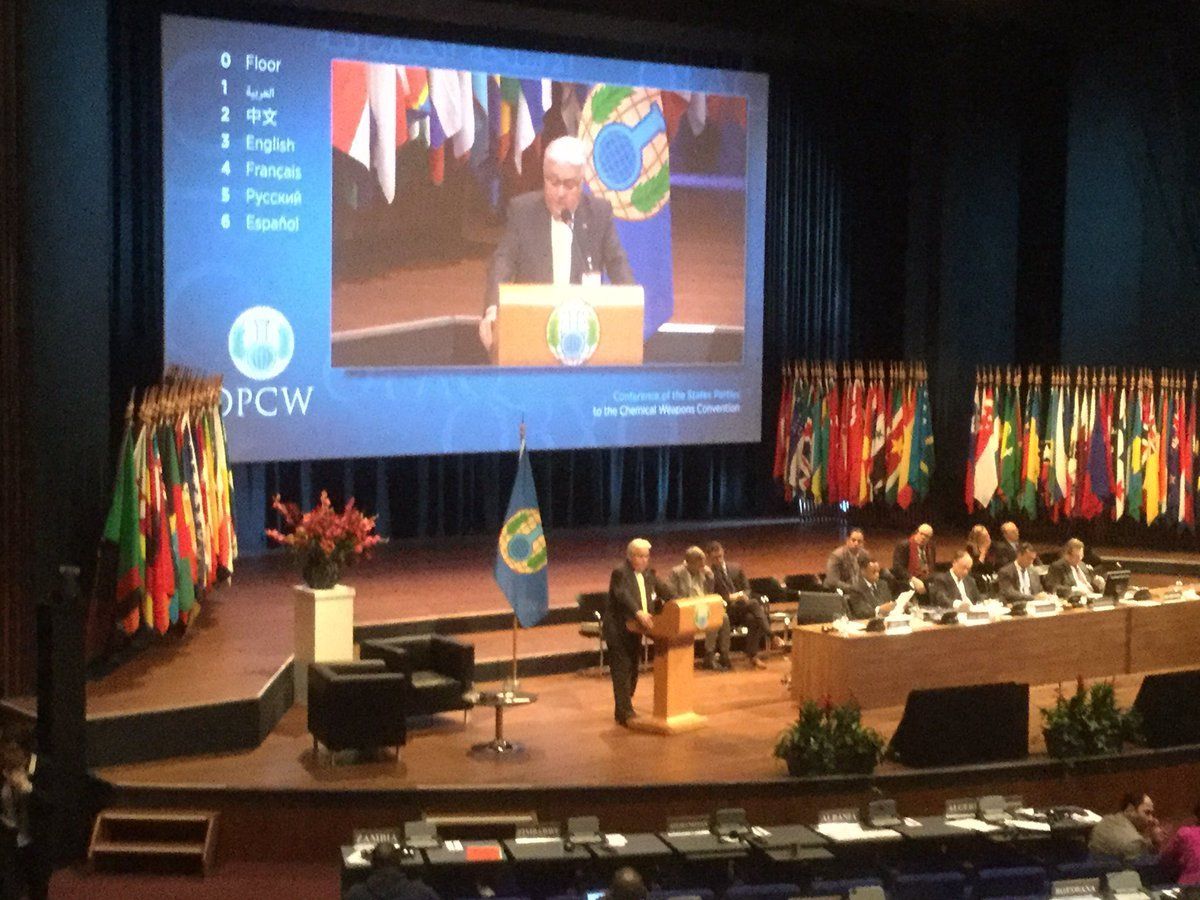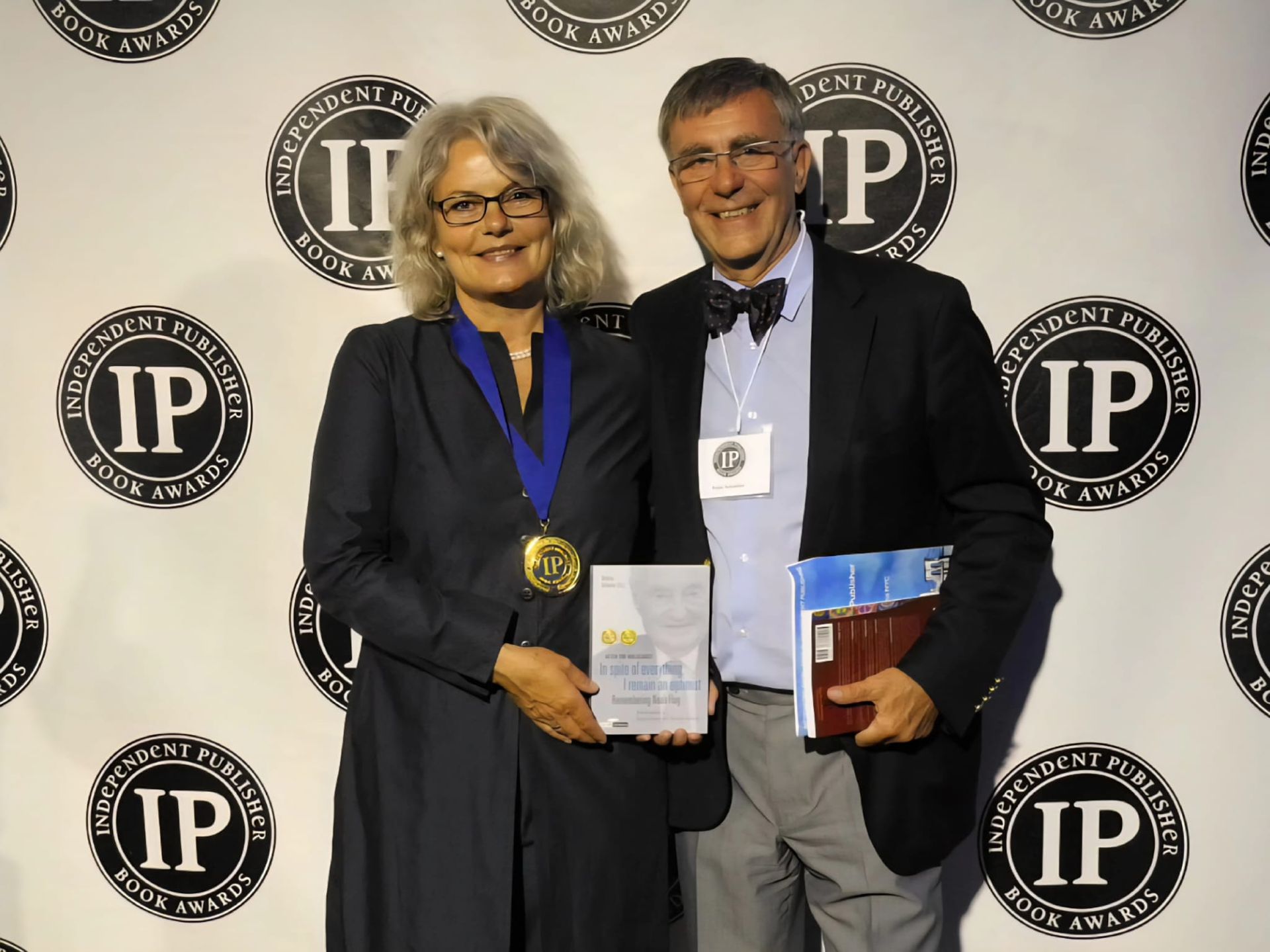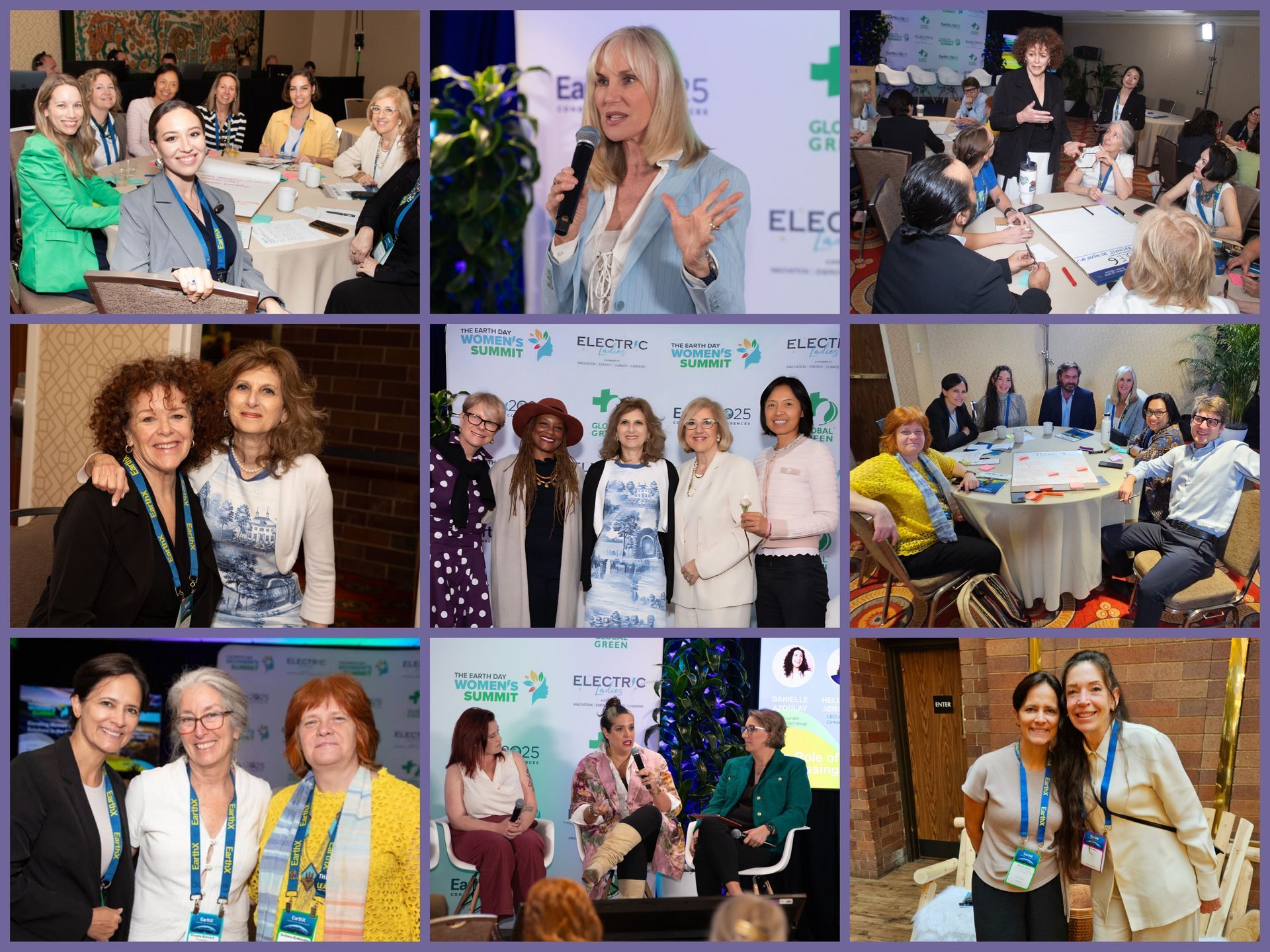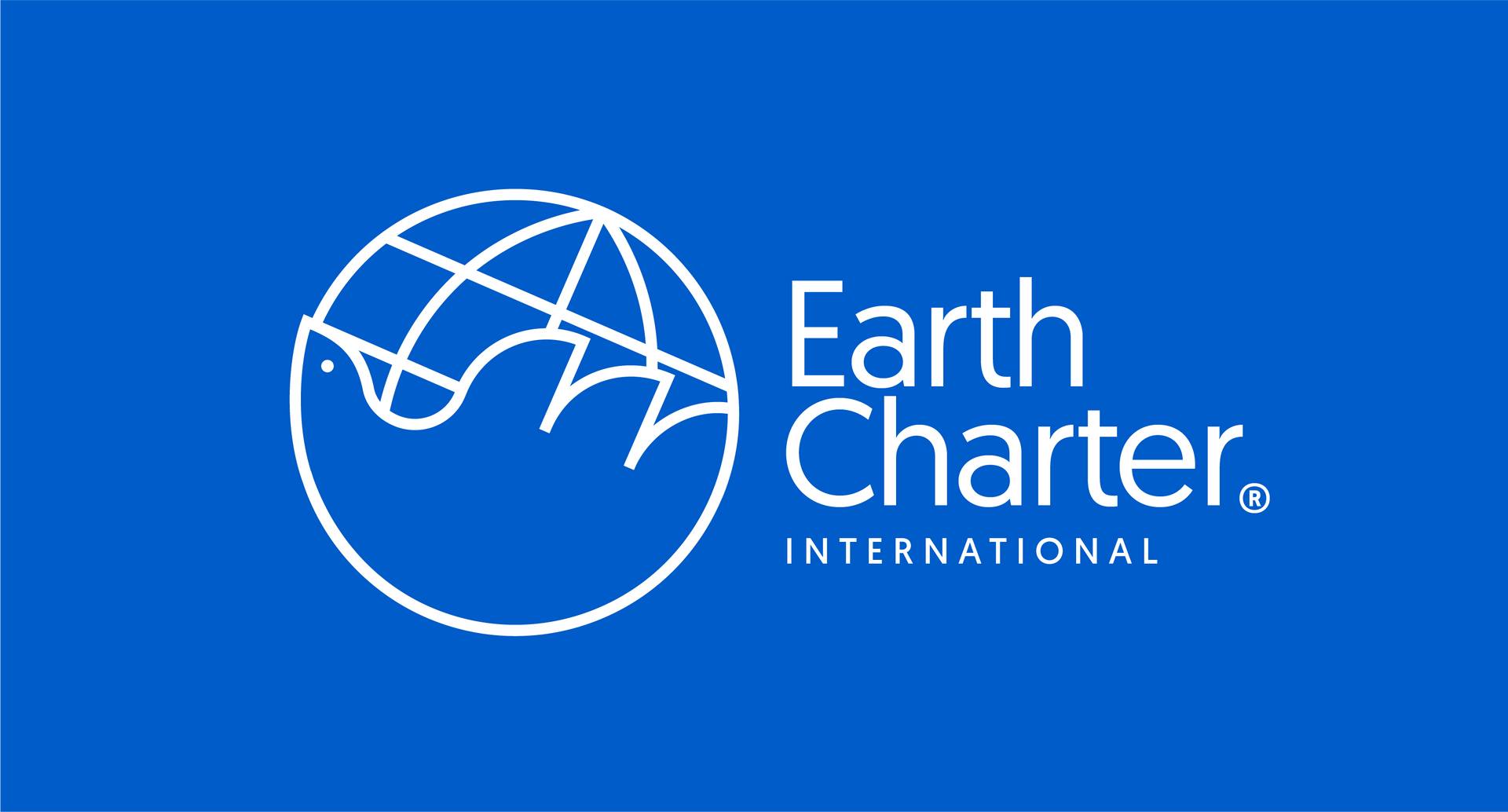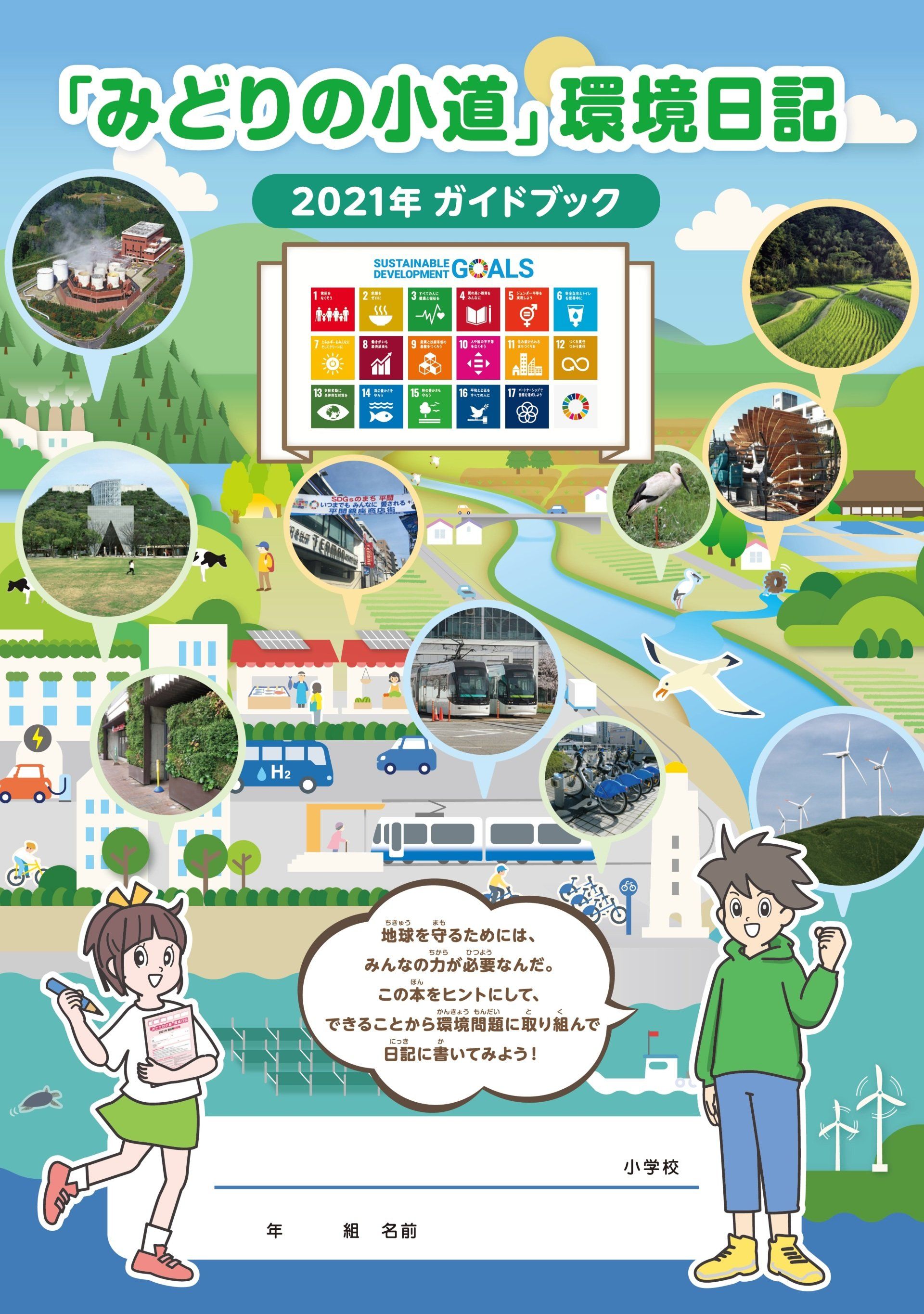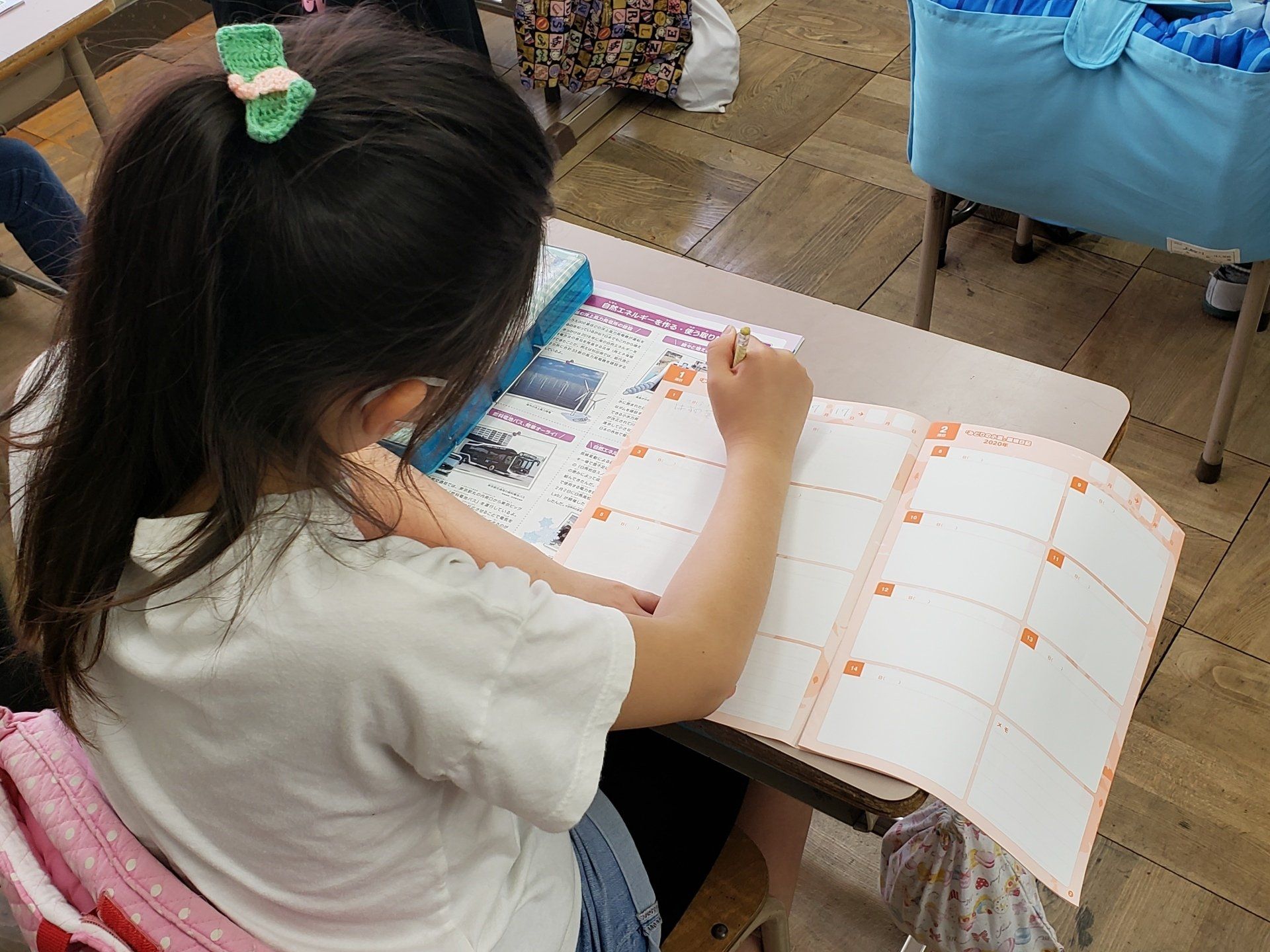GCI Brings NGO Experts Together at Chemical Weapons Convention
Initiative to Promote the Universality and Full National Implementation of Abolition Treaty
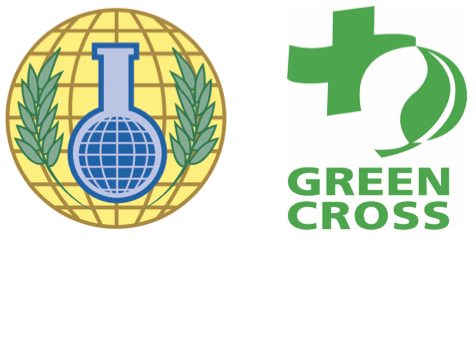
The CWC Coalition, a global network of non-governmental experts and interested stakeholders founded by Green Cross in 2009, helped to set a new record in NGO registrations and participation in this annual meeting of 192 States Parties working to abolish all declared chemical weapons stockpiles and programs and build a world free of chemical weapons.Director-General Ahmet Uzumcu, head of the (OPCW) which implements the 1997 CWC, welcomed all participants and declared 2017 as “a landmark one for the OPCW [which] has given us the opportunity to celebrate and reflect on our achievements of the past two decades.” Uzumcu also noted in his opening conference address that “[it] is very disturbing that yet again we are confronted with the use of chemical weapons. I believe that it is vital … that the long standing international norm against chemical weapons remains strong and the perpetrators are held accountable.”
Among the many issues discussed and debated over the five days of the conference and many side events, the following stand out:
The verified destruction of chemical weapons since the 1997 CWC entry into force now stands at 67,851 metric tons of Category 1 chemical agents, 96% of the total declared tonnage of 70,494 MTs in eight major possessor countries.
The largest declared tonnage in a possessor state – 39,967 MTs in Russia – was verified as destroyed in its first-stage neutralization process as of September 27, 2017, almost 15 years after it began operating its first demilitarization facility in December, 2002.
The second largest tonnage – 28,577 MTs in the United States – has now been 93% destroyed with about 2,000 MTs remaining at two stockpiles in Pueblo, Colorado and Blue Grass, Kentucky. The US now projects completing destruction by September, 2023, about 33 years after it began operating its prototype incinerator on Johnston Atoll in 1990.
Over the past year, two other possessor states completed their chemical agent destruction – Iraq completed the “encapsulation” of two large concrete bunkers in Fallujah containing chemical agents, weapons, and equipment from the Saddam Hussein era in the early 1990s, and Libya had all precursor chemicals destroyed by out-of-country destruction in Germany and limited destruction in-country.
One of four countries – Egypt, Israel, North Korea, and South Sudan – that are not yet CWC members, announced that it had begun the process of accession to the CWC. H.E. Mr. Moses M. Akol Ajawin, the Director General for International Cooperation at the Ministry of Foreign Affairs of South Sudan, announced on the last day of the conference that the Council of Ministers had decided on August 25, 2017 to “approve membership in the OPCW.” Ajawin stated that “the images of victims of chemical weapons make us all the more appreciative of the goals and objectives of [the] OPCW. As such, we, in South Sudan, would unreservedly like to associate ourselves with the noble goals and objectives of this great organization.” OPCW Director-General Uzumcu commented: “Today, we are one step closer to universal membership. I urge the other nations that have yet to join the Convention – Egypt, Israel and North Korea – to unite with the rest of the world in eliminating all chemical weapons forever.”
One of the main obstacles to completing the conference final report on Friday, December 1st, was the lack of consensus in the Latin American regional group, GRULAC, for electing four countries to represent it in the Executive Council. The CSP-22 Chairman, Ambassador Abdelouahab Bellouki of Morocco, therefore called for a secret ballot of all States Parties present to vote for four of five GRULAC members – Chile, Guatemala, Panama, Peru, and Venezuela. The first four countries won with over 90 votes each, while Venezuela lost with under 40 votes.
The most contentious issue among the 79 national plenary statements, 19 NGO plenary statements, and six additional plenary statements from Israel, three international organizations, and two chemical industry representatives was the use of chemical weapons in Syria. The European Union statement by Jacek Bylica of Estonia, for example, cited the most recent reports of the OPCW Fact-Finding Mission (FFM) and the OPCW-UN Joint Investigative Mechanism (JIM) that “a State Party to the CWC” (read: Syria) had used chemical agents in Syria. “This clear case of violation of the provisions of the CWC warrants firm and appropriate action as envisaged by UN Security Council Resolution 2118 and foreseen in the CWC. The perpetrators of such horrific acts must be held accountable.” Bylica went on to state: “The EU reiterates its condemnation in the strongest terms of all use of chemical weapons. The use of chemical weapons, including the use of any toxic chemicals as weapons by anyone, be it a State or non-State actor, anywhere and under any circumstances constitutes a violation of international law, and may amount to a war crime, and a crime against humanity.”
The CWC Coalition organized six side events over the week including a reception co-hosted by the German and Norwegian delegations, three “Open Forum” panels in the OPCW Ieper Room featuring 16 speakers, a CWCC workshop, and an organizational meeting. Presentations from these sessions will be posted soon on the CWC Coalition website, along with the agendas. The third Open Forum was co-organized by the Fritz Haber Institute of the Max Planck Society in Germany and presented a new book on the last century of chemical warfare, “One Hundred Years of Chemical Warfare: Research, Deployment, Consequences.” Dr. Paul F. Walker, Green Cross Director of the Environmental Security and Sustainability (ESS) Program, and CWC Coalition coordinator, was a contributor to the volume which is available free on-line here.The Green Cross and CWC Coalition efforts were generously supported this year by the German Federal Foreign Office, Canadian Global Affairs, the (OPCW) through its European Union grant, and by Green Cross Switzerland. The CWC Coalition is also grateful to the many NGO representatives, including Iraqi, Iranian, and Kurdish victims’ groups, who committed their time, travel, and energy to participate in the 22nd CWC Conference of States Parties and to help build more public awareness of, and confidence in, the Chemical Weapons Convention.
Additional information on CSP22 can be found on the OPCW website. The 19 plenary statements of CWC Coalition members can be found here.

